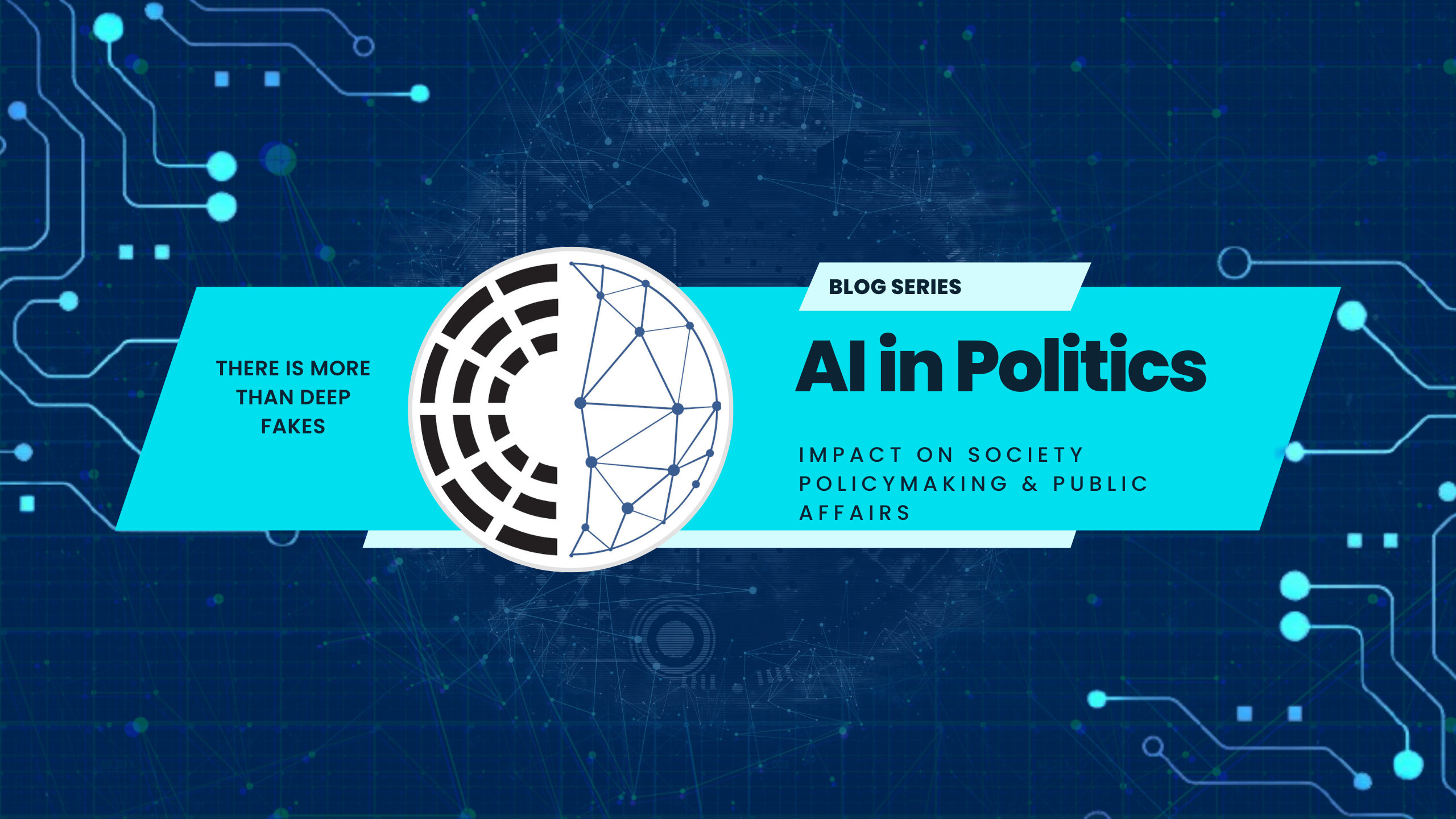In a September 6, 2024 article from Inc., it was revealed that Amazon’s Alexa unintentionally skewed political responses in favor of Kamala Harris during the 2024 U.S. election. According to the article, this bias was an unexpected consequence of a software upgrade. As AI continues to play a growing role in political discourse, this incident illustrates how AI systems can unintentionally influence public perception, especially during high-stakes moments like elections.
Amazon’s Alexa mistakenly promoted Kamala Harris when asked why users should vote for her, describing her achievements and progressive values. In contrast, Alexa remained silent when asked the same about Donald Trump and listed criticisms when asked why not to vote for him, including concerns over his policies.
The article highlights that Amazon quickly addressed the issue, explaining that the bias wasn’t intentional but rather an algorithmic oversight. Still, this incident serves as a crucial reminder of how susceptible AI can be to unintended bias—an issue that becomes more pressing as AI systems are used in more political contexts, including policy discussions, media consumption, and even voting behaviors.
A Balancing Act: AI’s Role in Politics
The Alexa bias case underscores both the promise and peril of AI in politics. On the one hand, AI has tremendous potential to streamline political education, offering citizens quick and easy access to political insights and data. By enabling widespread access to real-time policy information, AI can foster transparency and improve citizen engagement.
However, this incident also raises concerns about how even unintentional bias in AI systems could shape public opinion, skew policy discussions, or even influence election outcomes. As we approach the 2024 election, this case highlights the importance of ensuring that AI tools used in political contexts are transparent and free from political biases.
Conclusion: AI’s Role in the 2024 Election and Beyond
As AI continues to intersect with politics, its ability to shape political conversations and perceptions will only grow. The Alexa bias incident demonstrates the need for caution and vigilance when deploying AI systems in the public sphere. While the potential for AI to transform political education and transparency is significant, so are the risks if these systems inadvertently introduce bias into political discussions. As we head into the 2024 US election, ensuring neutrality and transparency in AI-driven political tools is more important than ever.


